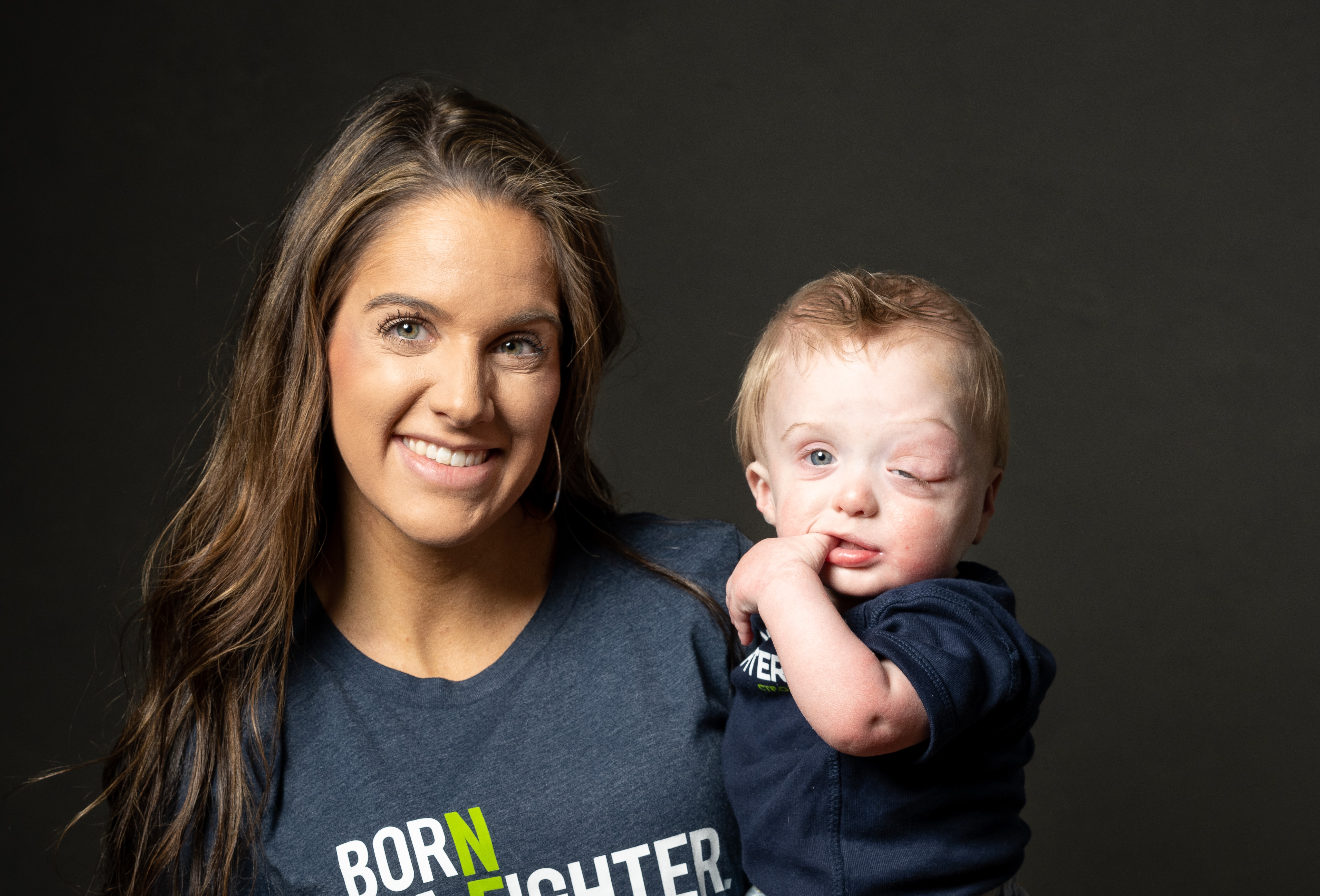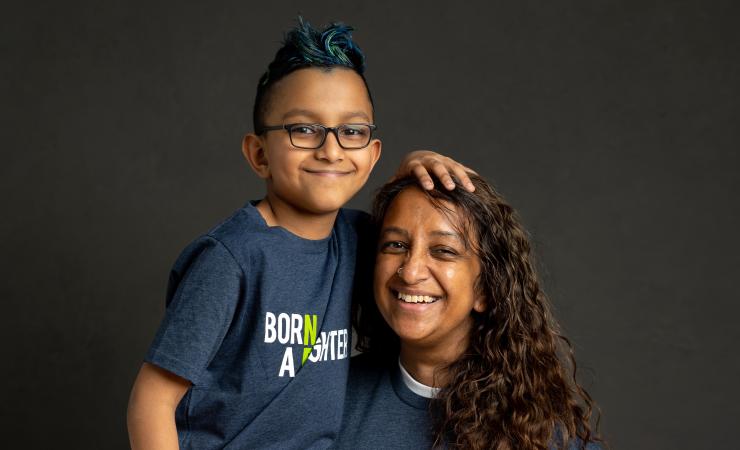Finding a new way to tackle clinical trials for these rare diseases could be a step in the right direction. If drugs for rare diseases are tested using a platform trial methodology, for instance, all clinical trial site agreements are negotiated upfront and patients are continuously followed and offered treatments as they become available. Patients can move onto and off of different drugs – meaning that if they entered the trial and were given one drug that didn’t work for them, they could re-enter the trial at another point and be given a different one. This is a win-win scenario – for the researchers, it significantly reduces patient recruitment times, while patients get a second chance to receive a potentially life-changing medication, should the first drug treatment fail. Platform trials also dramatically reduce the number of patients that need to be given placebos and are a lot more time-effective than traditional clinical trials.
The IMI-funded EU-PEARL project, which started in 2019 and finished this year, was set up to develop a framework with rules on how to coordinate and run a large-scale platform trial for four specific diseases: major depressive disorder, tuberculosis, non-alcoholic steatohepatitis and neurofibromatosis. The next step is to put that framework to the test by launching a live platform trial using the methodology and structure established by EU-PEARL, which is what the Children’s Tumor Foundation and the Global Coalition for Adaptive Research are currently doing – setting up a platform trial for neurofibromatosis 1 (NF-1) and schwannomatosis (SWN).
“Without this funding and without this unique opportunity to bring all stakeholders –academia, government, the pharmaceuticals industry and regulators – together within the context of the EU-PEARL project, this design of this platform trial wouldn’t have happened,” says the Children’s Tumor Foundation’s President, Dr. Annette Bakker.
According to Bakker and the chief medical officer Brigid Garelik, the framework developed by EU-PEARL enables a clinical trial to be run more cost-effectively. For approximately $2 million per year, a drug can be plugged into one of the platform trials and within roughly 36 months there will be clear signals whether the drug candidate warrants further development, which is unheard of in clinical trials.
Together with the Global Coalition for Adaptive Research, the Children’s Tumor Foundation is currently selecting sites and speaking to pharmaceutical companies who want to test drugs via the trial. The cost-effectiveness is a key benefit, but Bakker notes that the work of the two foundations will make it plain sailing for a company to test their treatments (small molecules, biologics, vaccines, gene therapies) via the trial.
“A lot of the key pain points are taken care of. The trial site agreements are negotiated once, forever. The evergreen protocol is done. And patients are enrolled in the observation arm of the trial and are with you throughout,” says Bakker. “30% of the drugs in rare disease clinical trials fail because they can’t find the patients for the trial. That isn’t a problem because we address that.”

Like most rare diseases, neurofibromatosis is a genetic disease that patients are born with. Symptoms may start as early as in childhood and progress throughout a patient’s life. Using the new platform trial design, if a two-year-old fulfils certain criteria and is deemed fit to receive one drug as part of the clinical trial, and it doesn’t work out, then they go back into the patient pool (also known as a longitudinal natural history study by the research community) and as a four-year-old they could fulfil different criteria and then receive a different drug.
“NF and SWN patients can be facing death in their twenties,” Bakker says, “and that is why we are so eager to see many drug candidates be tested through EU-PEARL’s framework.”
“This is the sort of result that we want to see come out of an IMI project – an actionable framework that we can use immediately to build a platform trial,” she says.
The next step now is getting the word out to pharmaceutical companies to use the platform trial to test their drug candidates. Pharmaceutical companies, who have oncology, pain or inflammation drug pipelines, and are interested in exploring the use of their drugs via this NF/SWN platform trials, are invited to get in touch with The Children’s Tumor Foundation Chief Medical Officer here. The Children's Tumour Foundation is also organising a Global NF Conference in Brussels, Belgium from 20-25 June 2024: for more details and to register click here.
EU-PEARL was supported by the Innovative Medicines Initiative, a partnership between the European Union and the European pharmaceutical industry.
